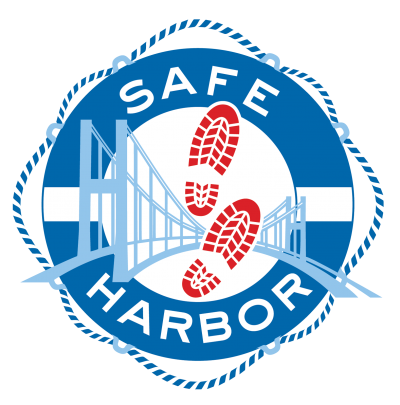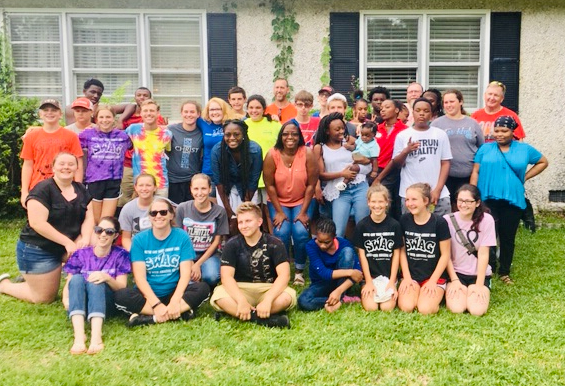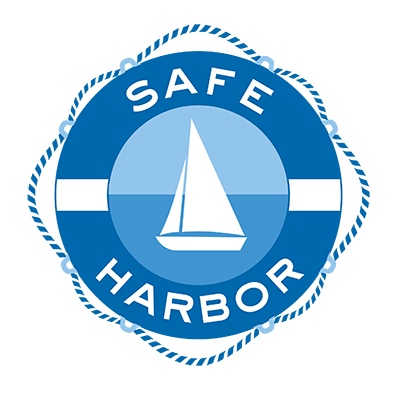
Street Beat, Safe Harbor’s Street Outreach Program, addresses the needs of runaway, homeless and street youth and their families by providing services that promote safety, well-being, self-sufficiency and permanent connections with caring adults. Street Beat not only helps youth leave the streets, but also assists them in moving and adjusting to a safe and appropriate living arrangement.
Street Beat’s Drop-in Center, located at 3307 Jekyll Ave., Brunswick, Georgia 31520 addresses the immediate needs of youth by providing food, clothing, showers, laundry facilities, computer access, and emotional support.
Street Beat engages youth through harm reduction and trauma informed approaches to build healthy, trusting relationships between youth and Safe Harbor’s qualified staff who provide direction and support. A range of education, intervention, and prevention services are offered to at-risk youth up to the age of 22 including those subjected to sexual abuse or exploitation.
 Services include:
Services include:
- Street-based outreach and education
- 24-hour access to emergency shelters
- 24-hour telephone services including crisis hotline
- Crisis and trauma intervention
- Individual assessments
- Counseling services
- Case management
- Education and employment support
- Job skills and readiness training
- Information and referrals
- Transportation and aftercare
This website is supported by Grant Number 90YO248703 from the Family and Youth Services Bureau within the Administration for Children and Families, a division of the U.S. Department of Health and Human Services. Neither the Administration for Children and Families nor any of its components operate, control, are responsible for, or necessarily endorse this website (including, without limitation, its content, technical infrastructure, and policies, and any services or tools provided). The opinions, findings, conclusions, and recommendations expressed are those of the author(s) and do not necessarily reflect the views of the Administration for Children and Families and the Family and Youth Services Bureau.

Tens of thousands of young people experience homelessness each year. On the streets, they face serious dangers. Young people often resort to sex work to make money for food; and many turn to drugs or alcohol as a way to deal with the trauma or abuse they have experienced at home.
